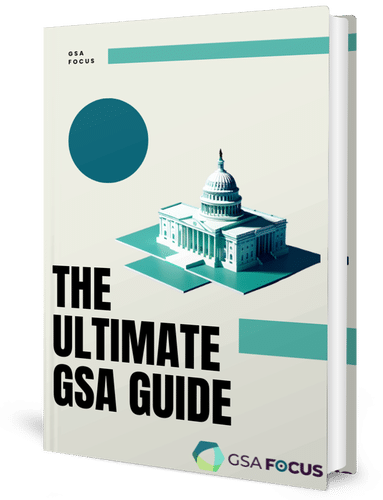As global trade continues to grow, so does the importance of complying with international trade laws and regulations. One such regulation is the Trade Agreements Act (TAA), which imposes specific requirements on products procured by the US government. However, many organizations inadvertently make mistakes when attempting to comply with TAA requirements. In this article, we will discuss the most common TAA compliance mistakes and provide guidance on how to avoid them.
Misunderstanding the TAA
The first and most common mistake is a misunderstanding of what the TAA requires. The TAA mandates that all products sold to the US government must be manufactured or “substantially transformed” in the United States or in a designated country. The term “substantial transformation” refers to a manufacturing process that creates a new and different article with a new name, character, and use from its constituent components. It is important to note that assembling or packaging foreign-made components in the United States does not meet the substantial transformation requirement.
To avoid this mistake, it is essential to thoroughly research and understand the TAA requirements. Organizations should also seek guidance from compliance experts to ensure that their interpretation of the regulation is correct.
Not conducting due diligence on suppliers
Another common mistake is failing to conduct due diligence on suppliers. To ensure TAA compliance, organizations must know where their products are sourced from and ensure that their suppliers are compliant with the regulation. Failure to conduct proper due diligence on suppliers can lead to significant legal and financial penalties.
To avoid this mistake, organizations should develop and implement a comprehensive supplier compliance program that includes a system for verifying supplier compliance with the TAA. This program should include a detailed checklist of requirements that suppliers must meet and regular monitoring of supplier compliance.
Not maintaining accurate records
Record keeping is an essential component of TAA compliance. Organizations must maintain accurate and complete records of their procurement activities, including supplier information, product origin, and other relevant documentation. Failure to maintain accurate records can lead to significant legal and financial penalties.
To avoid this mistake, organizations should implement a system for tracking and maintaining accurate records of their procurement activities. This system should include regular audits to ensure that records are complete and up-to-date.
Not implementing a comprehensive compliance program
Another common mistake is failing to implement a comprehensive TAA compliance program. A comprehensive program should include written policies and procedures, employee training, and regular compliance audits. Without a comprehensive compliance program, organizations are at risk of unintentionally violating TAA regulations.
To avoid this mistake, organizations should develop and implement a comprehensive compliance program that addresses all aspects of TAA compliance. This program should include regular training and ongoing monitoring to ensure that employees understand the TAA requirements and are complying with them.
Assuming that compliance is a one-time event
Finally, a common mistake is assuming that TAA compliance is a one-time event. In reality, compliance is an ongoing process that requires regular monitoring and assessment. Changes in supplier relationships, product sourcing, and other factors can impact an organization’s compliance status.
To avoid this mistake, organizations should establish a system for ongoing compliance monitoring and assessment. This system should include regular audits and reviews of procurement activities, as well as ongoing employee training and education.
Conclusion
TAA compliance is a critical component of doing business with the US government. By understanding and avoiding the most common TAA compliance mistakes, organizations can avoid legal and financial penalties and ensure a smooth procurement process. It is essential to thoroughly research and understand the TAA.



